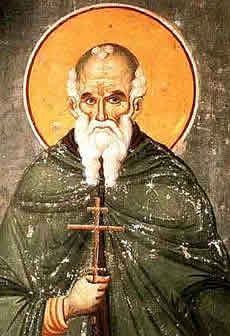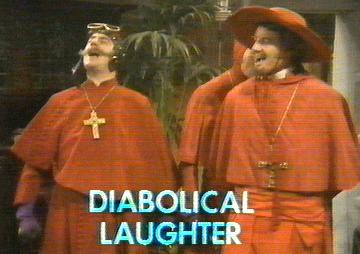The Orthodox Formulas 5: The 4th Lateran Council (1215)
Now, on to the Fourth Lateran Council, convened by Pope Innocent III in 1215. This council, considered the 12th “ecumenical” council, was one of the all-time most important councils, which strongly shaped catholicism in the “high†middle ages. It was called, in part, to get another crusade going, after some crusading failures and set-backs. The resulting “constitutions†were proposed (and to some extent written by?)… Read More »The Orthodox Formulas 5: The 4th Lateran Council (1215)


